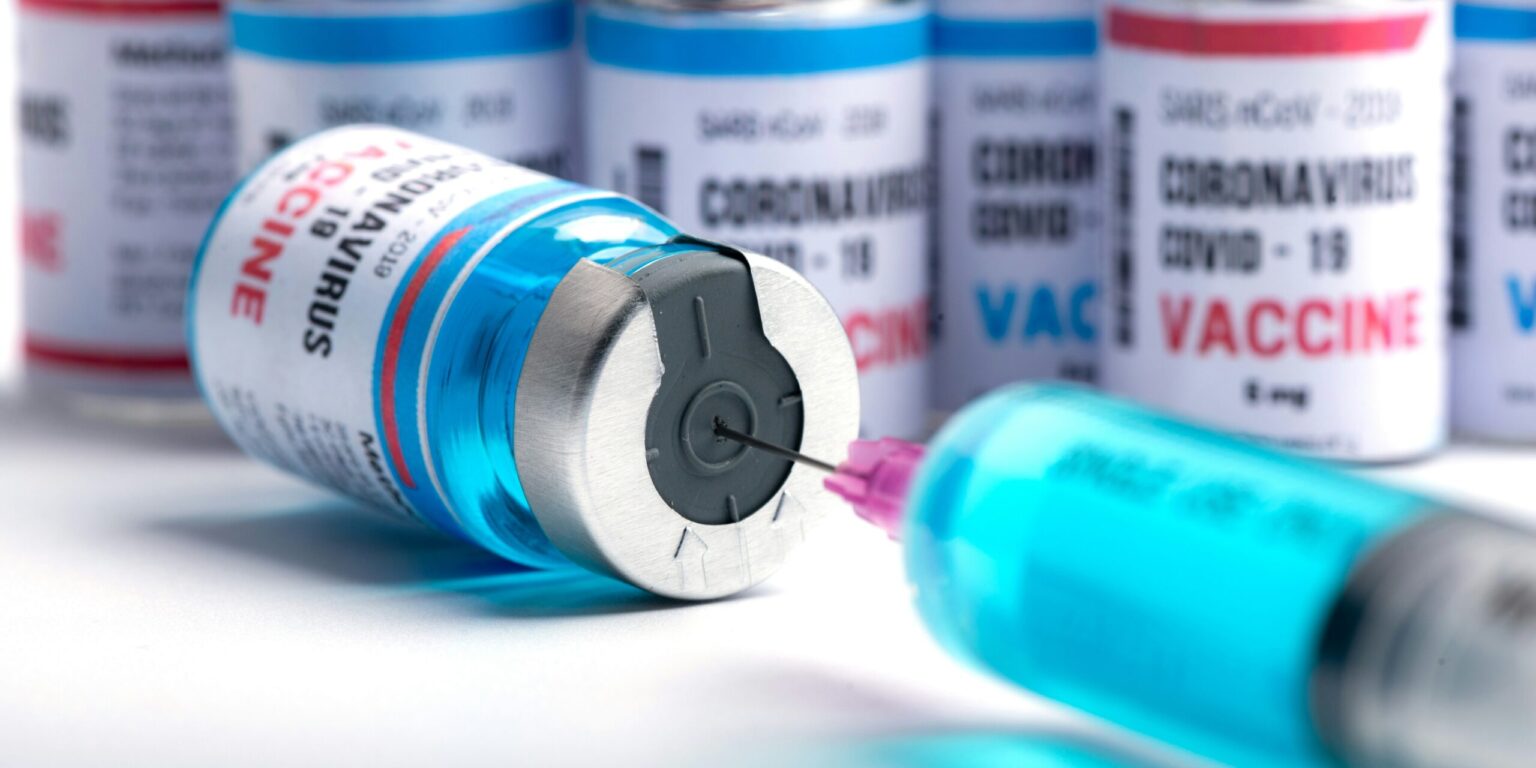In a major milestone for public health, the U.S. Food and Drug Administration approved a new HIV prevention method in June 2025: a long-acting injectable drug called lenacapavir, now marketed under the brand name Yeztugo. This twice-yearly injection is the first of its kind in the United States, offering a revolutionary alternative to daily oral PrEP medications. With the potential to change the course of HIV prevention efforts, Yeztugo is being hailed by health experts as a transformative step toward reducing new infections and improving medication adherence.
The drug’s approval follows years of rigorous clinical testing, including results from the PURPOSE 1 and PURPOSE 2 Phase 3 trials, which demonstrated remarkably high efficacy. In the trial populations, Yeztugo showed more than 99.9% effectiveness at preventing HIV transmission. Among cisgender men who have sex with men and gender-diverse individuals, the results indicated complete protection, while efficacy among cisgender women reached about 96%. These results, according to public health leaders, offer real hope for reducing HIV transmission rates, particularly among populations historically underserved by healthcare systems or those who face challenges taking daily pills.
Read Also: https://womensinsider.com/before-they-turn-3-the-3-habits-that-shape-a-lifetime-of-healthy-eating/
Yeztugo’s mechanism of action is notably different from earlier forms of HIV prevention. It works by targeting the HIV-1 capsid protein, disrupting the virus’s ability to replicate and spread. This novel mode of action, combined with its extended duration of protection, sets Yeztugo apart as a game-changer for pre-exposure prophylaxis. While previous options like Truvada and Descovy required strict daily adherence, the new injectable can be administered just once every six months by a healthcare provider, making it significantly more accessible for many at-risk individuals.
This is not lenacapavir’s first approval. Under the brand Sunlenca, it was authorized in 2022 for treatment in patients with multidrug-resistant HIV. However, Yeztugo expands the drug’s availability to healthy individuals at risk of HIV exposure. The FDA’s approval allows for use in adults and adolescents weighing at least 35 kilograms, marking a significant broadening of the eligible population.
Health advocates see Yeztugo as a vital addition to the HIV prevention toolkit. Carl Schmid, executive director of the HIV+Hepatitis Policy Institute, noted that adherence remains one of the biggest barriers to effective prevention. For many people—particularly those facing stigma, unstable housing, or difficulty accessing regular healthcare—the ability to receive a shot every six months instead of taking a daily pill could be life-changing. Clinics and advocacy groups across the country are preparing to roll out Yeztugo in tandem with education campaigns aimed at increasing awareness and accessibility.
Yet, the excitement surrounding Yeztugo’s potential is tempered by concerns over cost. Gilead Sciences, the drug’s manufacturer, has set an annual list price of roughly $28,000—significantly higher than the cost of generic oral PrEP. This pricing raises questions about insurance coverage, equitable access, and whether public health systems will be able to absorb the costs associated with broad distribution. Gilead has pledged to work with insurers and patient assistance programs to expand access domestically and has also committed to making a no-profit version available in over 120 low- and lower-middle-income countries through licensing agreements.
The company’s global strategy reflects an understanding of the critical role PrEP plays in international HIV response efforts. More than 1.3 million new HIV infections occur globally each year, many of them in regions with limited access to healthcare or consistent medication. By offering a simplified and long-acting alternative, Yeztugo could bridge access gaps—if delivered equitably.
The timing of the approval also aligns with broader technological and public health advancements. At the 2025 International AIDS Society conference, data presented on Yeztugo showed a strong preference among trial participants for the injectable format, particularly among young people, pregnant individuals, and those with previously low adherence rates to oral PrEP. Many cited convenience, discretion, and reduced anxiety about daily medication as primary reasons for their preference.
However, barriers to full adoption remain. For Yeztugo to fulfill its promise, healthcare providers will need to adjust workflows to accommodate injection-based PrEP, particularly in primary care and sexual health settings. Public health officials warn that without adequate education and community engagement, uptake may remain limited. Moreover, the populations most in need—such as transgender individuals, people of color, and low-income communities—must be prioritized in rollout efforts to ensure equity.
Looking forward, Yeztugo has the potential to redefine HIV prevention in the United States and beyond. It represents a pivotal shift toward long-acting treatments that can simplify care, increase adherence, and reach individuals for whom daily pills have not been a viable option. Its success, however, will depend not just on medical efficacy, but on the healthcare system’s ability to integrate it meaningfully into broader prevention strategies.
As the nation continues to pursue the goal of ending the HIV epidemic, innovations like Yeztugo offer hope—if coupled with the commitment to ensure that everyone, regardless of background or income, can benefit from them.
